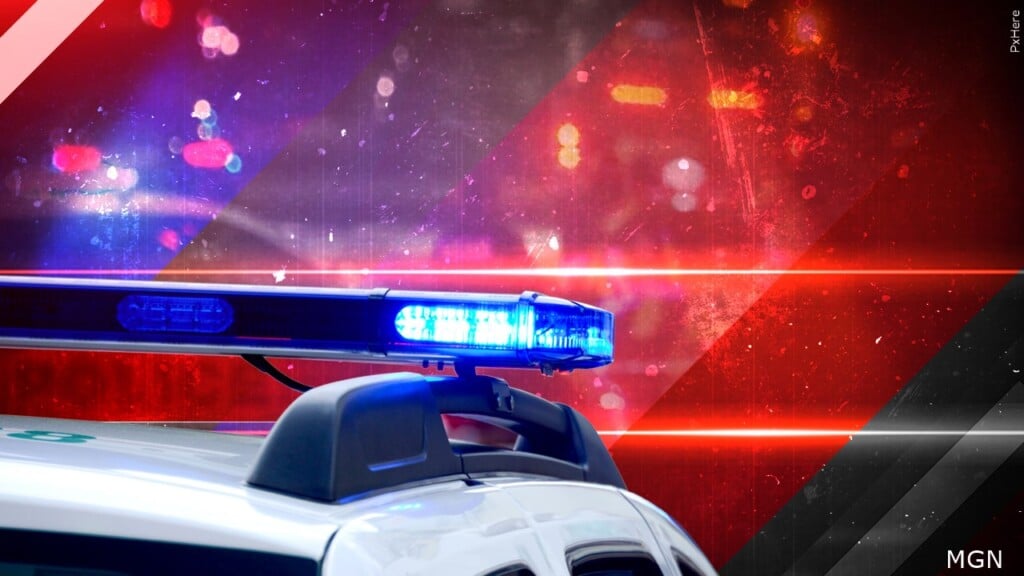Parents Should Know the Signs of Heat Exhaustion
MACON, Georgia (41NBC/WMGT) – Kids like to spend time in the pool when the sun is out, but they could be in danger.
Being in the heat exposes kids to possibly experiencing heat exhaustion or a heat stroke.
James Bell, Water Safety Instructor, from Bloomfield Recreation Center, said parents should keep an eye on their child.
“Especially if they’re small children, under 6 years of age, where they can’t touch the bottom,” Bell said. “Keep your child within arms lengths of you, and make sure you have enough patrons, or should I say adults, to help you monitor your child.”
Failure to do this could lead to your child being a victim of dry drowning.
“That occurs after you’ve had an incident in the water, you’ve taken in water, you’ve expelled a lot,” Bell said. “But you have some damage to your windpipe and lungs to where you’re unable to effectively process the oxygen later on.”
Dry drowning is also known as secondary drowning. Symptoms usually show within 24 hours after the incident. Symptoms include coughing, chest pain, trouble breathing, and feeling tired.
Not watching your child closely can also lead to heat exhaustion or a heat stroke.
“Heat stroke is a medical emergency where your body is unable to cool itself properly, so that’s a call to 911,”Bell said.
Health experts say that even if you’re in the pool, it’s still possible to experience heat exhaustion, so it’s important to take breaks and drink plenty of water.
Jill Brown, Trauma Director, at the Coliseum Medical Center said being in the pool doesn’t protect you from heat exhaustion.
“Well I’m surrounded by water why wouldn’t I be hydrated? But, you’re still sweating. You just don’t see the sweat because it’s coming off in the water as you swim,” Brown said.
Some symptoms of heat exhaustion include vomiting, cold skin, and feeling weak.
Brown said there are some ways to help yourself if you think you have heat exhaustion.
“You move into a cooler area, you get into the shade. You drink plenty of liquids that are going to help cool you off,” Brown said.
Bell said breaks are the key to avoiding heat exhaustion.
“It’s very important to take regular breaks as the lifeguard deem them because one it provides you time to rest and it also provides time for the lifeguards to rest and recuperate also.”




Leave a Reply